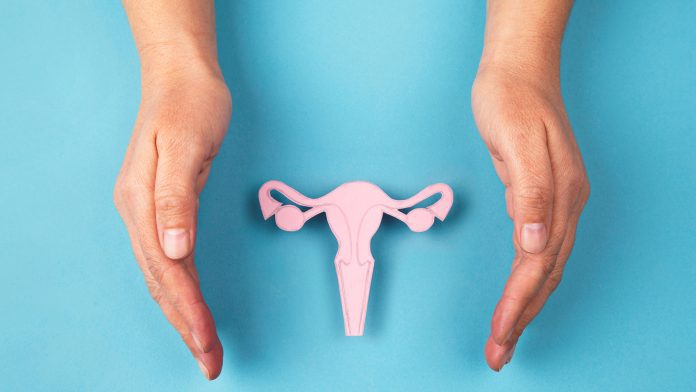
Cervical screening Wales is extending the routine screening interval for people with a cervix aged 25-49 from three to five years if Human papillomavirus (HPV) is not found in their cervical screening test.
Cervical screening (known as a smear test) checks the health of the cervix. It is a test to prevent cancer and all women and individuals aged 25 to 64 are eligible for a check-up. A small sample of cells is collected from the cervix and checked for certain types of HPV that can cause changes to the cervix cells.
The change followed a recommendation from the UK National Screening Committee in 2019 to bring the advice for this age group in line with the screening interval for those aged 50-64.
Cervical Screening in Wales
The new change came into effect on 1 January 2022, and this means all result letters sent from this date will advise recipients that their next appointment will follow in five years if certain conditions apply.
HPV testing was successfully introduced in Wales in 2018 and almost nine out of ten results show no high-risk HPV.
Heather Lewis, Consultant in Public Health for Cervical Screening Wales, explained: “The HPV test we now use in Wales is more effective at identifying people at higher risk of developing cell changes which can cause cervical cancer.
“The evidence shows that it is, therefore, safe to extend the time between cervical screening tests for people who do not have HPV identified.”
HPV is a very common virus that most people will come into contact with it during their lives. One or more high-risk types of HPV are present in over 99.8% of cervical cancers.
Disease prevention
Louise Dunk, Head of Programme for Cervical Screening Wales at Public Health Wales, said: “Testing everyone who attends for cervical screening using a test for high-risk HPV will identify those at risk and prevent more cancers than just examining the cells alone.
“It is a really positive development that this more effective test will mean that people with a cervix, who test negative for HPV, now only need to attend their testing every five years, rather than three.
“Going for your screening appointment could save your life. By making an appointment, you have the chance to prevent cervical cancer from developing, or picking it up at an early stage when it is more treatable.”
In Wales, there are around 160 cases of cervical cancer diagnosed and it is the most common cancer in women under the age of 35.
Cell changes found through regular cervical screening can be treated to prevent cancer development.
Screening is not a test for cancer, but sometimes it does pick up early cancers. Cervical cancers found early are easier to treat.
The cervical screening programme has three main aims:
- To reduce the number of cases of cervical cancer (incidence) by picking up cell changes before they become cancer,
- To reduce the number of deaths from cervical cancer (mortality) by stopping cancer from developing or picking it up at an early stage,
- To reduce the effects of cancer or cancer treatments on health (morbidity) by stopping cancer from developing or picking it up early when it is much easier to treat.






















